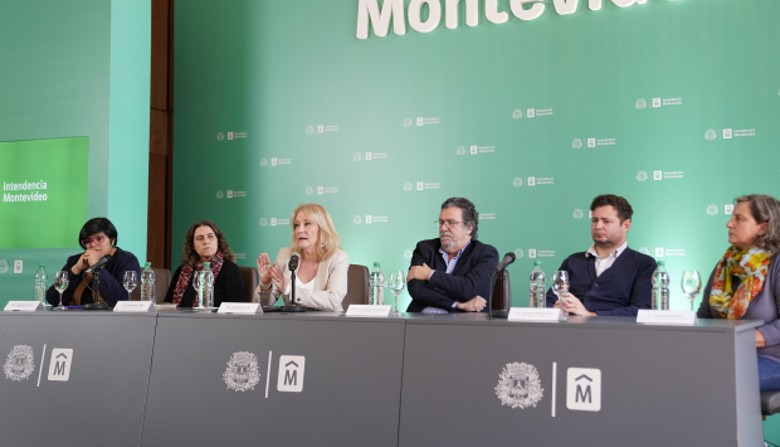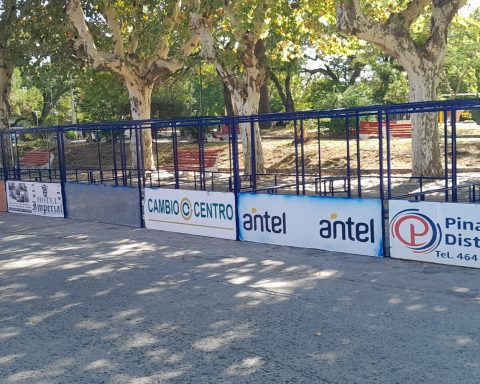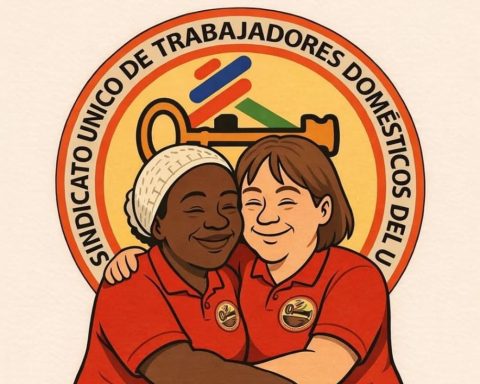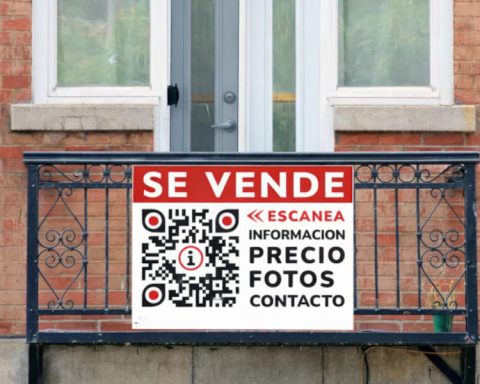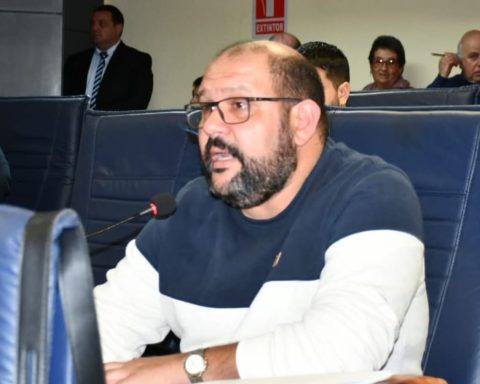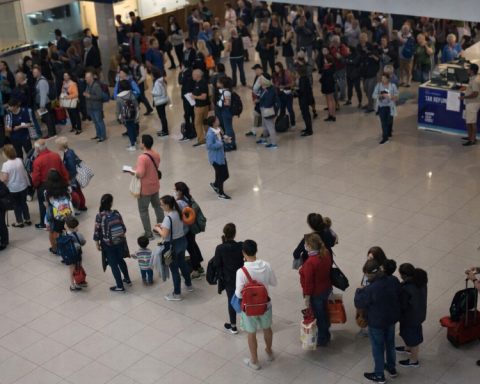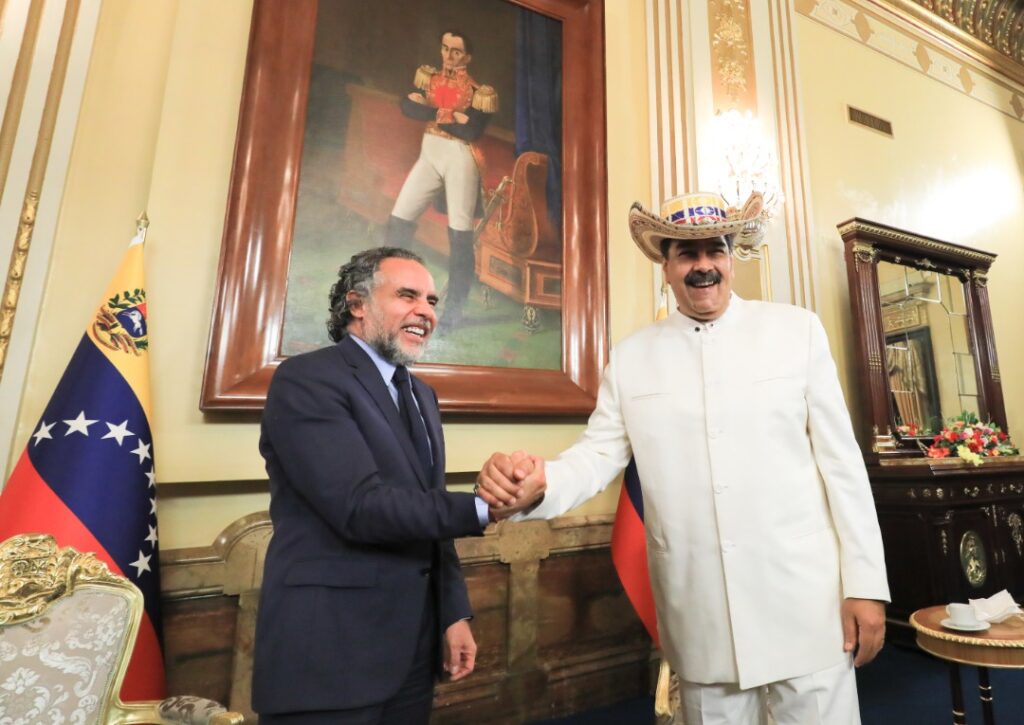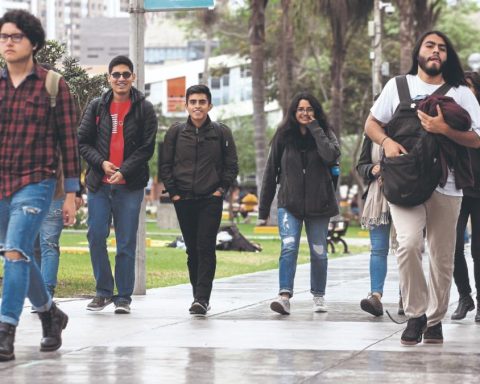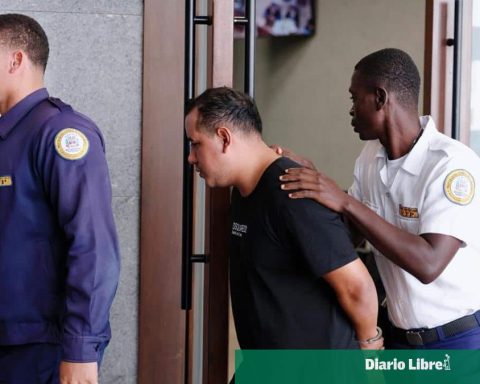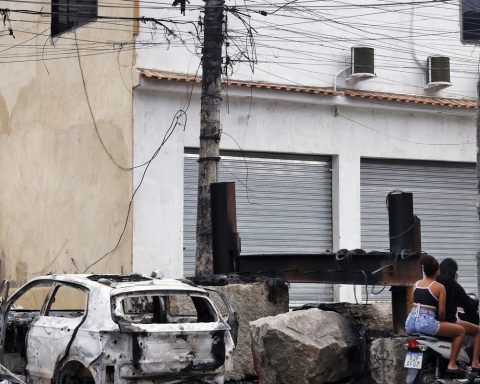The ABC program for your eyes was presented, which will be developed in the departmental polyclinics together with the University of the Republic. It is expected to serve 120 girls and boys per week.
The launch of the program took place on Monday, August 29, in the headquarters building of the commune, with the presence of Mayor Carolina Cosse; the director of Social Development, Mercedes Clara; the Director of Health, Virginia Cardozo; the Dean of the Udelar Faculty of Medicine, Miguel Martínez; the director of the University School of Medical Technology, Patricia Manzoni, and the director of the Degree in Ophthalmology, Agustín Pizzichillo.
Ophthalmological care will be provided and glasses will be delivered -according to ophthalmological indication- free of charge to girls and boys who are part of this program.
Initially there will be permanent care bases in three polyclinics: Parque Bellán, Punta de Rieles and Buceo. Professional teams made up of an ophthalmologist and graduates in ophthalmology, who will have the appropriate technology for the service, will work there.
These teams will also work with the community in research days to make the pertinent referrals.
Likewise, diagnoses will be made in all the departmental polyclinics and then referral to the three specialized polyclinics.
In addition, the mobile polyclinic will tour the neighborhoods of Montevideo to carry out surveys, diagnoses and refer the corresponding care.
Expand accessibility
The program falls under a agreement that the Municipality of Montevideo has with the University of the Republic (Udelar)which provides for joint work with the University School of Medical Technology for child care in Montevideo.
Currently, within the National Integrated Health System, access to diagnosis and treatment of visual health is complex due to the high demand and the limitations for timely care.
Virginia Cardozo, director of Health of the commune, explained that in the State Health Services Administration (ASSE) “the average wait today is two years.”
The other problem that has been detected is that of families who do not have the resources to pay for glasses when their need is diagnosed. In this sense, Mayor Carolina Cosse advanced: “The Administration is going to acquire glasses for these families, with which we would be solving the second great problem of this population.”
The Mayor added that the attention will be for all the girls and boys of ASSE, who will receive the attention and glasses at no cost.
This program aims to develop and implement strategies aimed at early detection of visual problems in childhood and secondarily to prevent childhood blindness, facilitating accessibility to treatment through the strengthening of primary care and guaranteeing continuity of care with a view to visual rehabilitation. which includes access to glasses for each girl and boy.
In addition, it will be possible to identify problems in visual acuity that severely affect the quality of life of the child population, starting from the basis that optimal vision is essential for the correct comprehensive and educational development.
Visual health as a right
Vision is the dominant sense. It has a significant role in each stage of people’s lives and in its different dimensions.
If difficulties arise, such relevant aspects as learning to walk, read, interrelate at school, study and work will be conditioned from childhood.
Investing in visual health care is to strengthen the comprehensive health of people, mainly from childhood, since it enhances the capacity for learning, development, social bonding and autonomy, which allows adequate functionality and improves the quality of life. life in society.
Miguel Martínez, dean of the Faculty of Medicine, highlighted the joint work to overcome the obstacles that are arising, such as the sudden loss of care capacity at the national level “through the deterioration of a system that allowed us to act and improve health from the people”.
Martínez stressed that this program implemented with the Intendancy is great news because “it will begin to provide a solution to one of the great problems that the country has.”
The dean explained, as an example, that because three positions at the Pereira Rossell Hospital were not financed, thousands of girls and boys were left without care.
